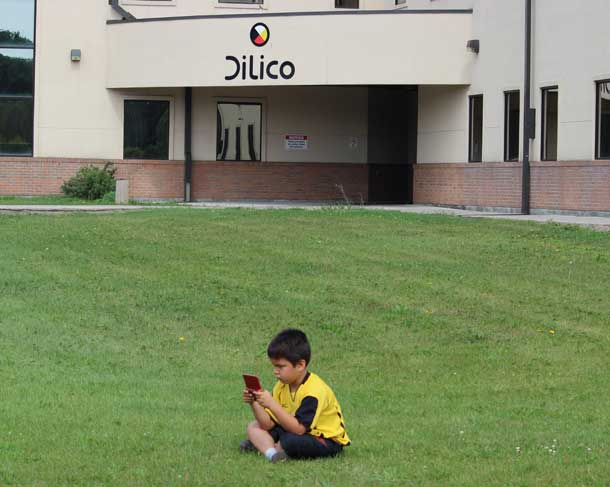Thunder Bay – NEWS – “Today’s ruling is another victory for First Nations children and families seeking equitable and culturally-appropriate services. This ruling affirms that these services cannot be provided without access to safe and culturally appropriate buildings, and that Canada has a financial obligation to fund these costs. This order means that Canada must fund First Nations and the child welfare agencies that serve them for actual the costs of purchasing and constructing buildings for providing child welfare services and services under Jordan’s Principle,” said Deputy Grand Chief Bobby Narcisse.
Nishnawbe Aski Nation (NAN) Deputy Grand Chief Bobby Narcisse welcomes a landmark interim decision released by the Canadian Human Rights Tribunal (CHRT/Tribunal) today ordering the Government of Canada to pay the actual costs of capital purchases and/or constructions required to deliver child welfare services in First Nations communities.
“This is a significant decision that will finally allow our child welfare agencies and First Nations to secure desperately-needed facilities so they can provide culturally appropriate services for our communities. We thank the Tribunal, and we look to our federal Treaty partner to accept its responsibility and work with us to support First Nations families and children.”
Specifically, the Tribunal has ordered Canada to fund the actual costs of the following:
- Agencies’ costs for purchasing and/or constructing capital assets that support the delivery of on-reserve child and family services, including in Ontario.
- Agencies’ and/or First Nations’ costs for purchasing and/or constructing capital assets that support the delivery of Jordan’s Principle services to children on reserve, including in Ontario.
- First Nations’ costs for providing Band Representative and prevention services on-reserve in Ontario, including the purchase or construction of capital assets. Based on previous orders, agencies and tribal councils can also be recipients of such Band Representative Services funding, and agencies can be recipients of such prevention services funding.
In the decision, the Tribunal noted that:
“Divorcing the services from provincial requirements for safe, confidential spaces to offer the services would amount to discrimination. It would also perpetuate gaps, denials and delays in hindering the delivery [of] many services that can only be offered indoors.”
Additionally, the Tribunal ordered Canada to consult with the parties to the Tribunal proceedings and fund feasibility studies as follows:
- Consult with the Consultation Committee on Child Welfare (CCCW) and provide funding for agencies and First Nations to conduct capital needs and feasibility studies regarding the purchase and/or construction of capital assets that support:
- the delivery of on-reserve child and family services – and also for First Nations that operate under the Federal First Nations Child and Family Services Program off-reserve in Ontario; and
- the delivery of Jordan’s Principle on-reserve and in the Yukon, and off-reserve where applicable under Jordan’s Principle;
- Consult with NAN and Chiefs of Ontario and provide funding for First Nations and agencies to conduct capital needs and feasibility studies regarding the purchase and/or construction of capital assets that support:
- the delivery of Jordan’s Principle on-reserve and off-reserve, where applicable, under Jordan’s Principle in Ontario; and
- the delivery of Band Representative Services and prevention services on-reserve and off-reserve, when applicable, in Ontario.
NAN states that, “The Tribunal did not release detailed reasons with today’s decision. It will be releasing detailed reasons in the future, and Canada must implement today’s orders within 30 days of release of the detailed reasons”.
CCCW members include (in addition to Canada): the Assembly of First Nations, the First Nations Child & Family Caring Society, the Canadian Human Rights Commission, NAN, Chiefs of Ontario.
NAN has intervenor status in the CHRT case that ruled in 2016 that the federal government discriminated against First Nations children by under-funding on-reserve child welfare services and by filing to implement Jordan’s Principle. The case was initially filed in 2007 by the First Nations Child & Family Caring Society of Canada and the Assembly of First Nations. Today’s decision on capital costs should help address the infrastructure deficit in many NAN First Nations, where construction costs are significantly higher than they are in the southern parts of the province.






